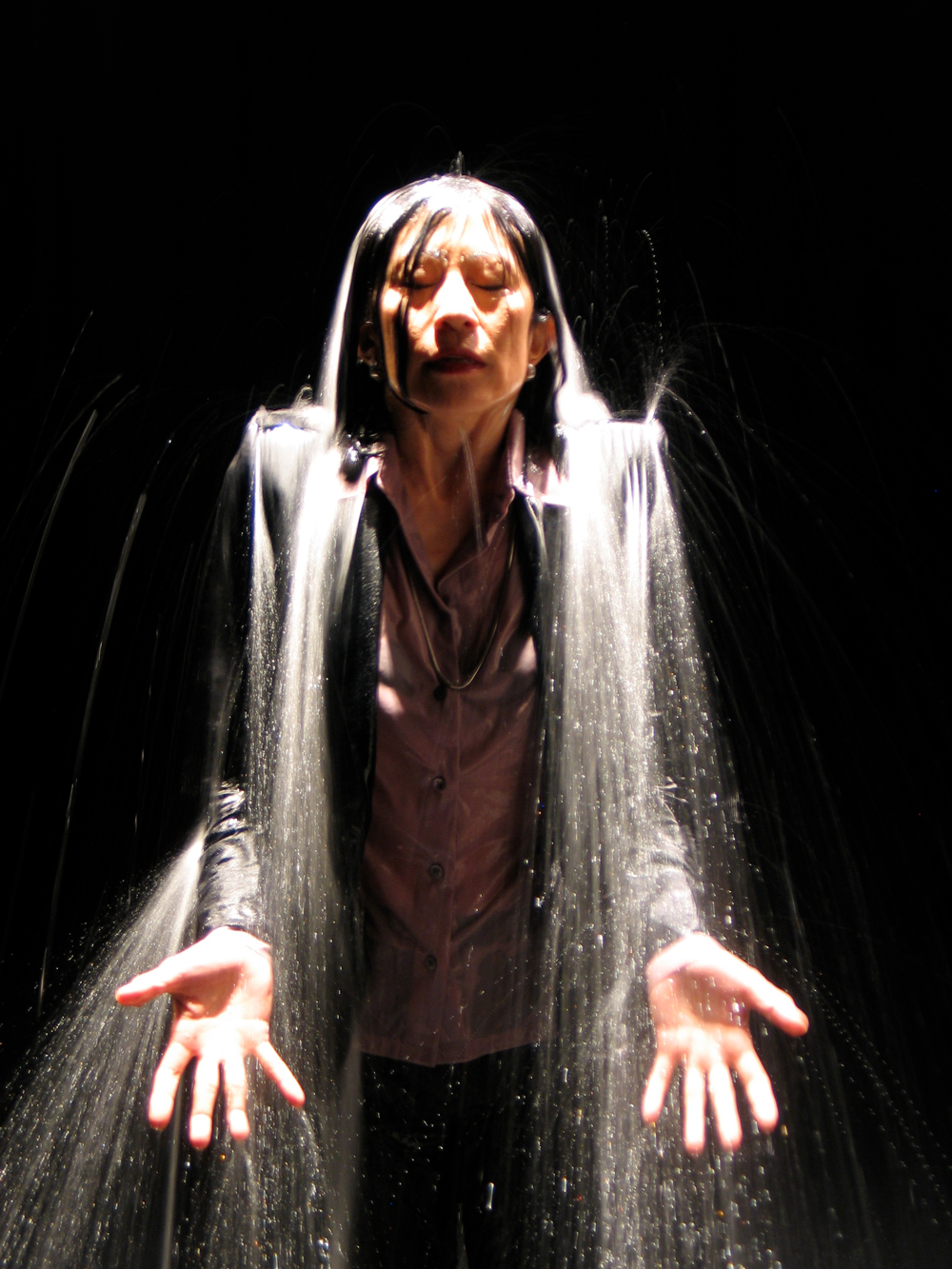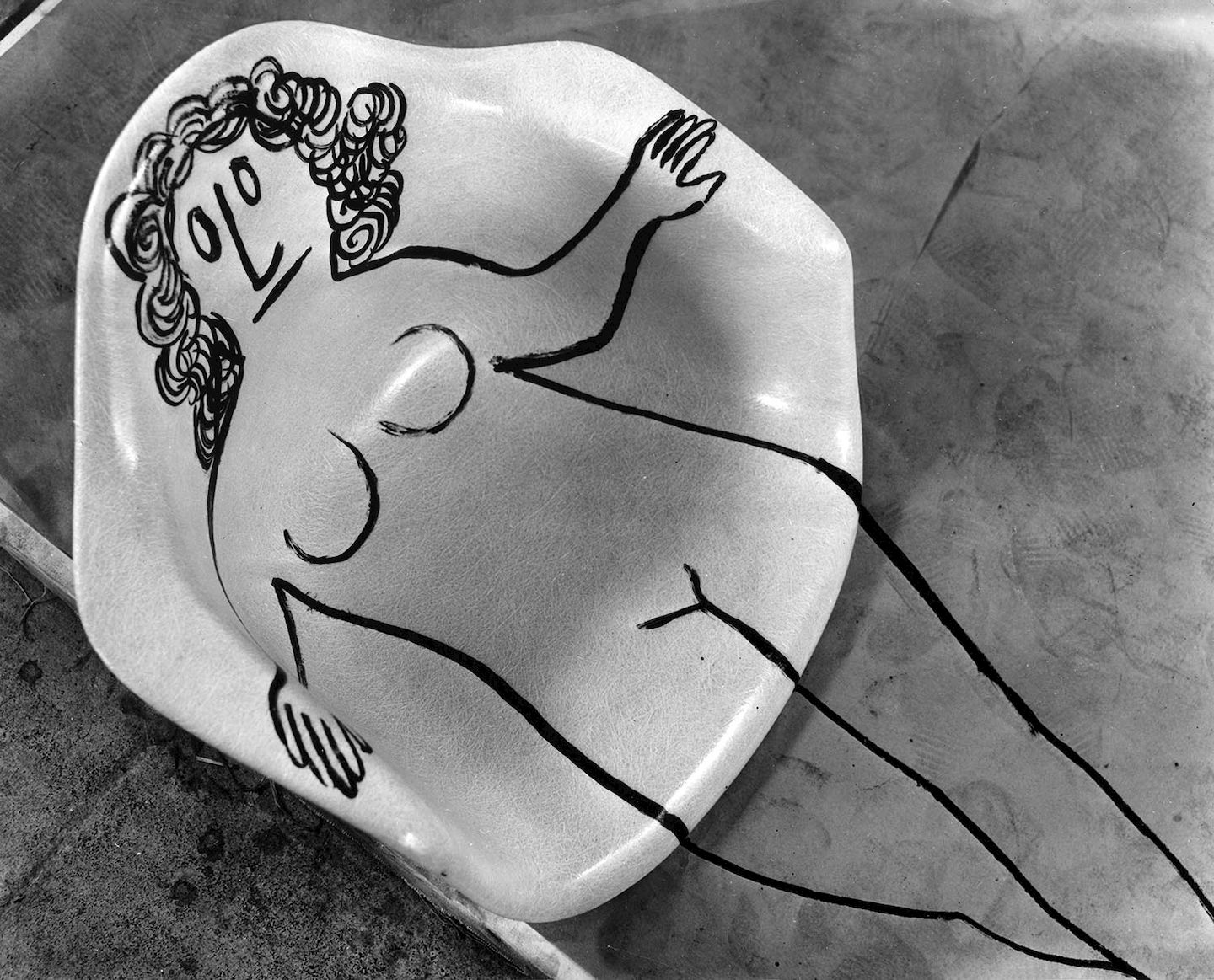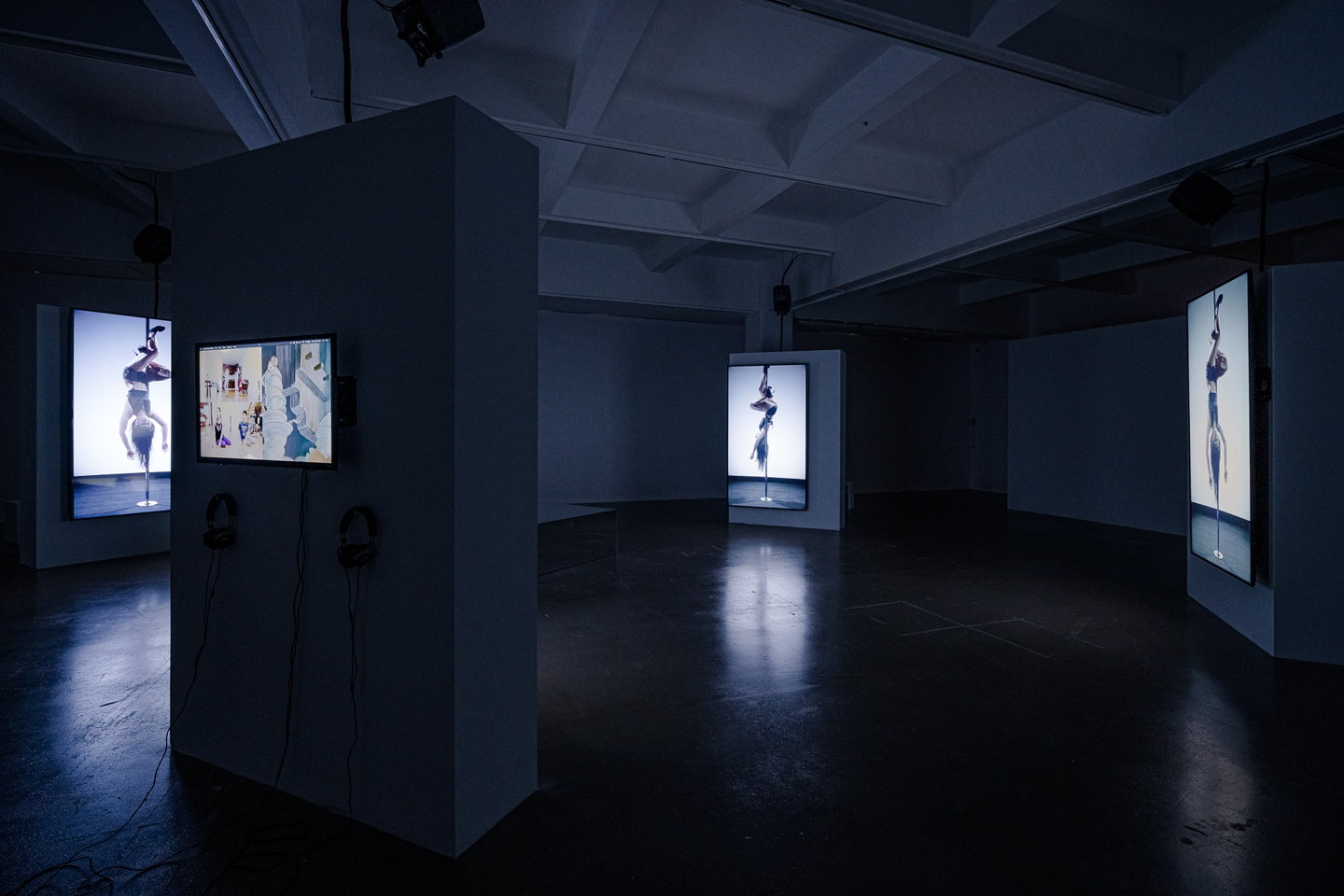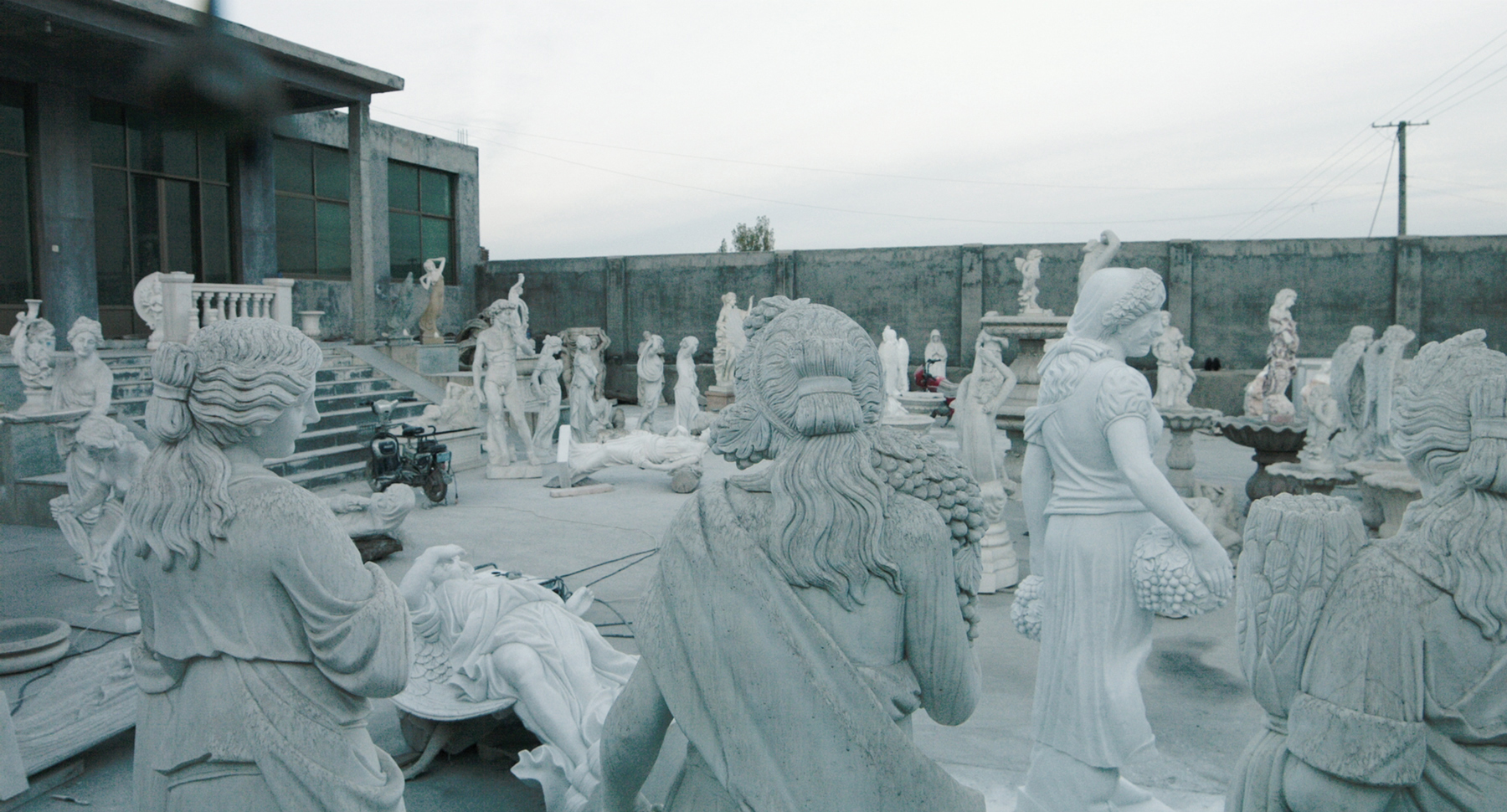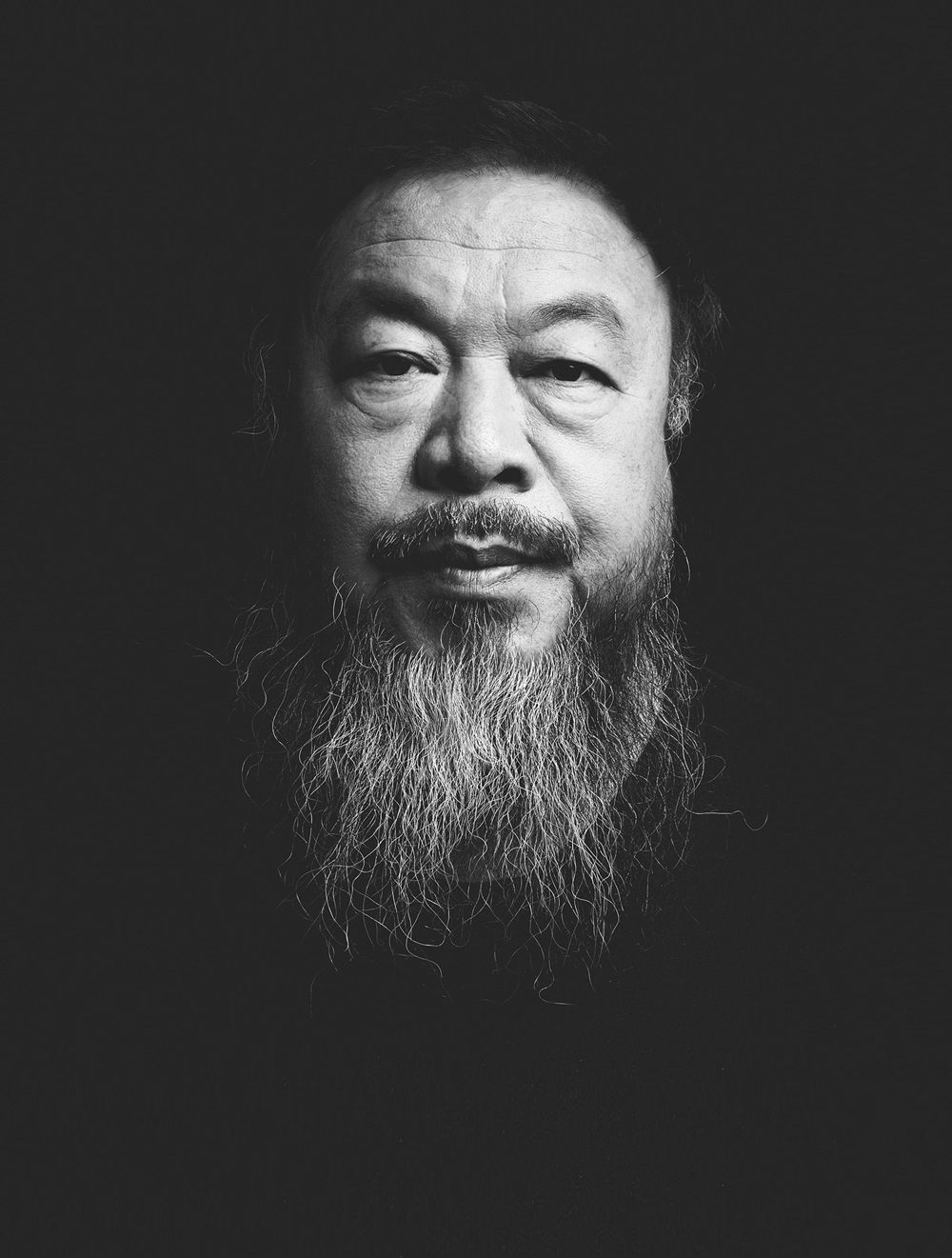What does it mean to be human? Is it our ability to reason? To imagine? Or is it the experience of life itself? To begin understanding the human condition is to be aware of our consciousness, a concept so central to our existence that it is often swept under the rug or overlooked, until you just can’t. Yet, we are all hooked on trying to understand the connection between our brain and mind, body and soul. Here and there, we attempt to make meaning of our mental life and our bodily awareness, our contemplative needs and the moral demands of our time as the world shifts towards inclusivity—socially, culturally, politically. In a bid to unpack our own sentience and humanity, spirituality can be seen as a way to transcend our differences and bring us together.
Meet Jetsunma Tenzin Palmo. Born Diane Perry in Hertforshire, England, Tenzin Palmo found her calling in Buddhism after reading the book Mind Unshaken: A Modern Approach to Buddhism (1971) by John Walters at the age of 18. Just two years later, she traveled to India to pursue her spiritual path.
In her interactions with the public, Tenzin Palmo is entirely herself—which includes pushing back against questions about her 12-year retreat in a cave in the higher reaches of the Indian Himalayas as part of her Buddhist evolution and training, which she finds no longer serves a purpose—and very clear and concise about all else. Today, she finds herself focused on her everyday practice, conducting teachings to a diverse audience ranging from anthropology students to spiritual practitioners. On this special occasion, together with Anita Kapoor, we speak to Tenzin Palmo to unpack the notion of spirituality and the human condition.
Where do you see the entire world right now—when you look at it through your eyes and your experiences?
I think that in general, the world is in a mess. Because it is as usual, still dominated by the poisons of greed, and delusion, pride and envy. We don't learn. At the moment I'm reading a book, which is set in the 1920s just after the First World War, and describes the terrible consequences, not only of that dreadful war, but also of the deaths of millions of young men killed for no reason.
And then everybody said, “now we have learned, we will never do this again.” Just a few years later, of course came the Second World War. And again, beautiful young men and women were killed, and disaster happened. I mean, the world is still fighting each other, grabbing what they can get, destroying the planet. Where's the sanity in this? It's so sad that generations after generations, we make the same mistakes. We're driven by the same base motivations. Of course, there are people who are trying to wake up, and are questioning this and saying, “this is not right, there must be a different way to live.” But how much power do they have to change things?
That’s a perfect segue into the next question. The word “spiritual” ... it is a loaded word for so many people, even though we're all down the path of trying to do something and be better about the way we live in this world. How would you unpack that term?
Well, I would contrast spirituality to religion. I think religion is a big problem that still causes many divisions. Genuine spirituality is recognising the commonality of being, and the deeper levels of our humaneness.
"Genuine spirituality is recognising the commonality of being, and the deeper levels of our humaneness."Tenzin Palmo
A while back last year I was in Costa Rica at an interspirituality conference which was attended by rabbis, swamis, bishops and myself representing Buddhism. And what we all agreed on was ethics: to be kind, be good, be honest, and so forth. On the more mystical levels, the Sufis and Christian mystics agree that the divine is within, that we are not who we think we are. And that we have a much deeper level of being, which is covered over by our little selves. We all agreed on that, and that this is beyond words, beyond concepts that can be realised and experienced.
It's the bit in between which is the problem, the dogma. They don't recognise that spirituality goes beyond our particular belief systems. It’s something which is innate within us, but usually covered over by our ordinary, busy, conceptual, thinking minds.
But why are we so defensive? There is a certain mindset of "I've learned a lot, and know so much now..."
It’s the ego. Until we get to a very deep spiritual level, we are all driven by our egos. The important thing is to cultivate a well-balanced and healthy sense of ego, one that is not defensive. You know, when the ego feels vulnerable, it is like an animal. If it feels threatened, then it will strike out.
If it’s at peace, then even a wild animal will not attack.
It always feels so hard, especially in the beginning, to change the mind.
Oh yes, because the mind is very habituated. To be able to transform the mind is a challenge, because it's just comfortable in its own patterns. From the point of view of neuroscience, we have certain neural pathways, which are like six lane highways. So, when something happens, the response will just go up those highways quickly.
People make mistakes because they try to multi-task. Then the thinking becomes very superficial. It's not creative, we don't have time to go into deeper levels of creativity. So, it's a sort of thinking where everything is done at a very surface level. Neuroscientists have shown that if we want to be efficient and perform well without stress, we have to give attention to each thing as we do it, and just do that one thing. Even if for a short time before moving on to the next. The brain isn't intended for multi-tasking.
The good news is that despite that, we can change. Meditation in this instance is very helpful, because it helps us to reprogram the mind. But like anything, it takes effort and lots of practice.
I’d like to ask you about the beginnings of awareness, because that's where everything starts, right? How do we even begin to be aware? There's so much out there. In spirituality as well, you read a lot of dogma, there is “knowing” and “breath” and “being present” and “conscious”... How do we even begin?
I would start with the breath. The point of becoming more mindful and aware of the breath is because first of all, we are always breathing. We cannot breathe in the past or in the future. We only breathe now. So, if we are aware of our breath, we are present. And if we are present with the breath, knowing the breath as it goes in and out, without commenting, there is no ego. The ego cannot live in the present. It lives in the past or in the future, or runs around the present, commenting, comparing and judging. It cannot be naked. When we have naked awareness of the coming and going of the breath, we are in a state of presence. So it’s a very simple method to go straight into that very deep level.
Breathing is exactly what I'm doing, but it's hard for me not to think of the next question. My mind was very relaxed for about 10 seconds there. In past interviews you talked about the “self" as the centre of our being. For the modern person living in cities, in a life where success is mostly premised on the cult of “selves,” the upkeep of your charisma, the upkeep of your career, and so on—what advice would you give?
I think that you should know, that’s a role you're playing. As long as we recognise it's just a role, then there's no problem. Like an actor who is playing a part, a good actor seems to become the role. The problem is when we think that we are the role.
I think Shakespeare wrote it quite well.
Exactly. If you're a good actor, you play your part successfully. In our daily life, yes, we have to play a part. But we should understand that there is a much deeper level of our being, our true being, that has nothing to do with our idea of ego or the role we are playing. That’s just a part.
That’s a lot less effort as well, I think. To play the part actually requires so much more energy and commitment. In a way, when you're yourself, it's quite effortless.
This is why meditation is very helpful, because at that particular moment, you're not playing any role. It’s just the awareness, but the awareness is not me, it's not mine. It's just awareness.
Would you agree that humility seems to have dropped off the face of the Earth?
This is a cause of great distress for people, because they always have to promote themselves. Nowadays, people must wince whenever they are writing their CVs, because they know what they're saying is just ridiculous!
Or dating apps?
Any of this! You're trying to promote something which is not real. But hopefully, you can at least recognise that this is really just, again, the part you're playing, in order to exist. As long as we don't think this is who we are. Humility is the absence of pride. And that is the point when we have really understood selflessness, that is genuine humility.
I'd like to ask you about compassion and empathy as well. You know, I had the very good fortune of actually meeting with the Dalai Lama. He always speaks of the fact that we are born as compassionate beings, and then something else happens.
Babies are very selfish! But yes... our sentient nature is compassionate!
Let's talk then in terms of empathy and compassion and all the things that go around it. Is that a skill? I always struggle with the idea that we need to learn to be empathetic or compassionate.
Our true nature beyond the self, beyond the ego, is wisdom in the sense of clearly seeing things as they really are.
"They don't recognise that spirituality goes beyond our particular belief system. It’s something which is innate within us, it is usually covered over by our ordinary busy conceptual thinking minds."Tenzin Palmo
Love is our true nature. I know it sounds like a new age cliché, but those who have really, really understood the nature of the mind say that's how it is. It’s completely open and spacious. Why? Because the great masters see, very clearly, how much we are suffering because of how we identify with all the wrong things. And that all the time, we have this incredible potential to be awake, yet we’re so asleep. And that because we are asleep, we suffer. We have nightmares. How sad is that? We should recognise that each one of us would rather not suffer. Everyone feels like that, all beings throughout the universe. We are very interconnected, but we don't recognise that, because our dualistic mind separates us. That is our delusion; at the ultimate level, we are all very interconnected. And in our interconnection, we all wish for happiness and wish to be free from suffering.
And as I would like to be well, so does everybody else. It might be something very obvious: suffering, sickness and loss. Or it might be an existential suffering. Very few people are endlessly bubbling over with inner joy, which is our heritage.
But how beautiful, to speak of it as our heritage, because it becomes something that we can almost grasp. A lot of times, all of these ideas and feelings about how we should be feel very far away, or feel like they must be grasped from somewhere else.
It's our true nature. But we are divorced from our true nature. This is what the spiritual path is about. It's about coming back to the home we actually never left. We are wandering around, looking and hoping that out there, somehow, someone else, something else is going to make us whole. But that's not true, the wholeness lies within ourselves. But we look in the wrong direction, and therefore we suffer.
I want to speak about the heart, one that needs transformation, not just the stimulation of the intellect.
Yes, the brain is a very useful tool too, but more like a computer, not the energy driving the computer. And so, though the brain is very helpful, the deeper levels of consciousness go beyond the brain. Which is why neuroscientists can't find consciousness, because it's not in the brain.
And so, part of what transforms the heart is the empathy of recognising that what we share with all beings is that we would all rather have happiness than suffering. Recognising that every single being we meet would rather be treated with kindness than unkindness. But because we are unkind towards ourselves, that is why we are unkind to others.
